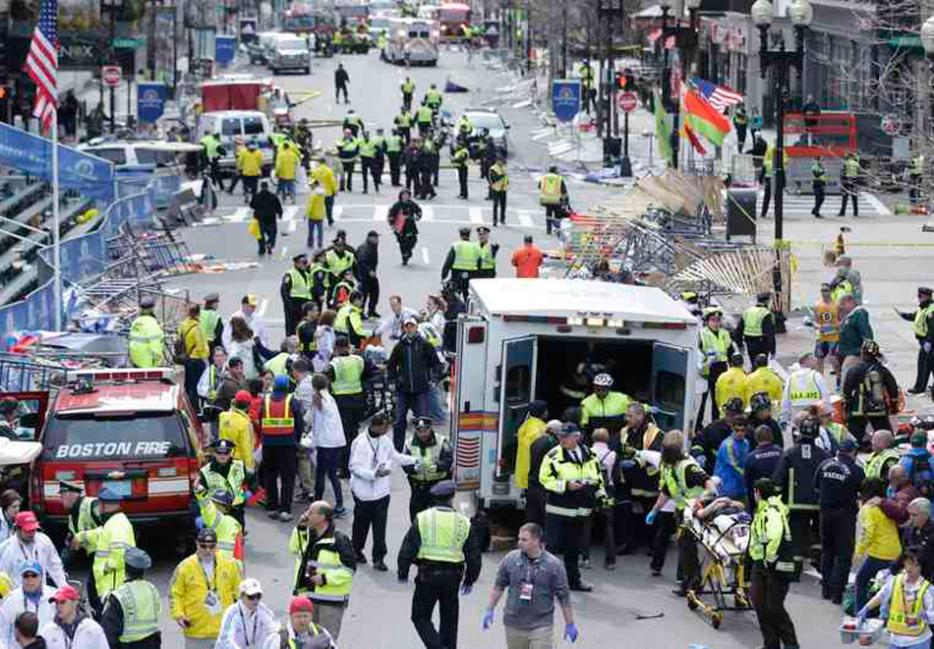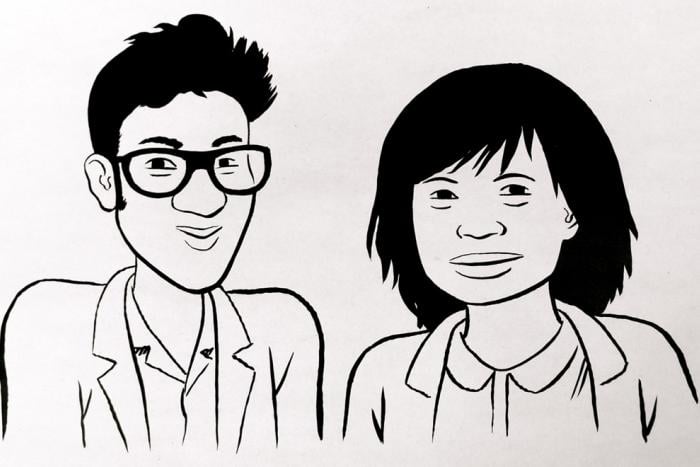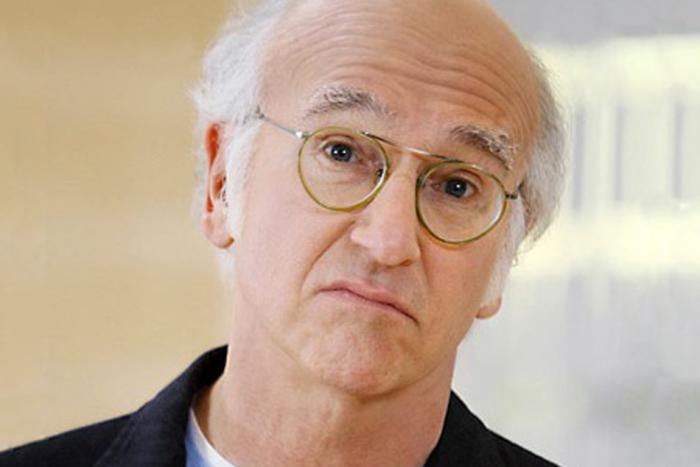While we at Hazlitt devoted this past week to failure, the rest of the world continued to fail just as reliably as it always does. Both CNN and the New York Post, to name a few, failed to let the actual facts cohere before reporting on Monday’s horrific bombing in Boston.
Here at home, John Barber failed to accurately depict Sheila Heti’s experience of working as a Canadian artist. Luckily, Heti wrote her response to his notion of just how much Canadian literary society has or hasn’t failed her, both before and after her most recent novel met with some American success.
This American Life continues to fail when it comes to the facts, even after Mike Daisy’s famous and painfully public flogging on the air with Ira Glass. I obviously prefer my facts a little firmer in reported essays than in, say, memoir. I’m with Elif Batuman 100% when she described the function of fact-checking, and of truth in her own nonfiction writing: “I know that 99.9% of the time there’s actually something there, in the truth, that’s more interesting than whatever I or anyone else can make up.” But I nonetheless wonder why we have so much memoir that plays so fast and loose with what really happened. In another time we called those sorts of things novels. There’s a wonderful long piece on memoir (especially ones that are more faux than factual) in the Virginia Quarterly Review this spring that makes the point beautifully: “Creative non-fiction is simple. It is a radically subjective account of events that objectively took place. The moment you start making up events that you know did not take place, you’re doing another sort of work. It’s called fiction.”
Speaking of memoir, Hazlitt contributor Michelle Dean had a great meditation on memoir as a game and a gendered enterprise—it’s obviously not the case that, while men recount their experiences, women simply over-share.
I think perhaps I’m more interested in “memoir” that uses both facts and fabulation to self-mythologize the writer, something Mary MacLane, to crib one of Dean’s examples, was very much interested in. Though it’s not a novel, that’s how I read I Await the Devil’s Coming—though I was called out on conflating her text with fiction by one of my favourite persnickety book sellers. I liked it when Biggie Smalls did it too, and this essay on the genesis of Big Poppa’s story—by yet another Christopher Wallace—is delicious, even if you disagree with its conclusion.
Did you read Navneet Alang on Glitch Art? Like humans, computers can make some beautiful mistakes.
And finally, take a look at the books of the library at Gitmo.
Speak, Internet! is your weekend reading guide.






